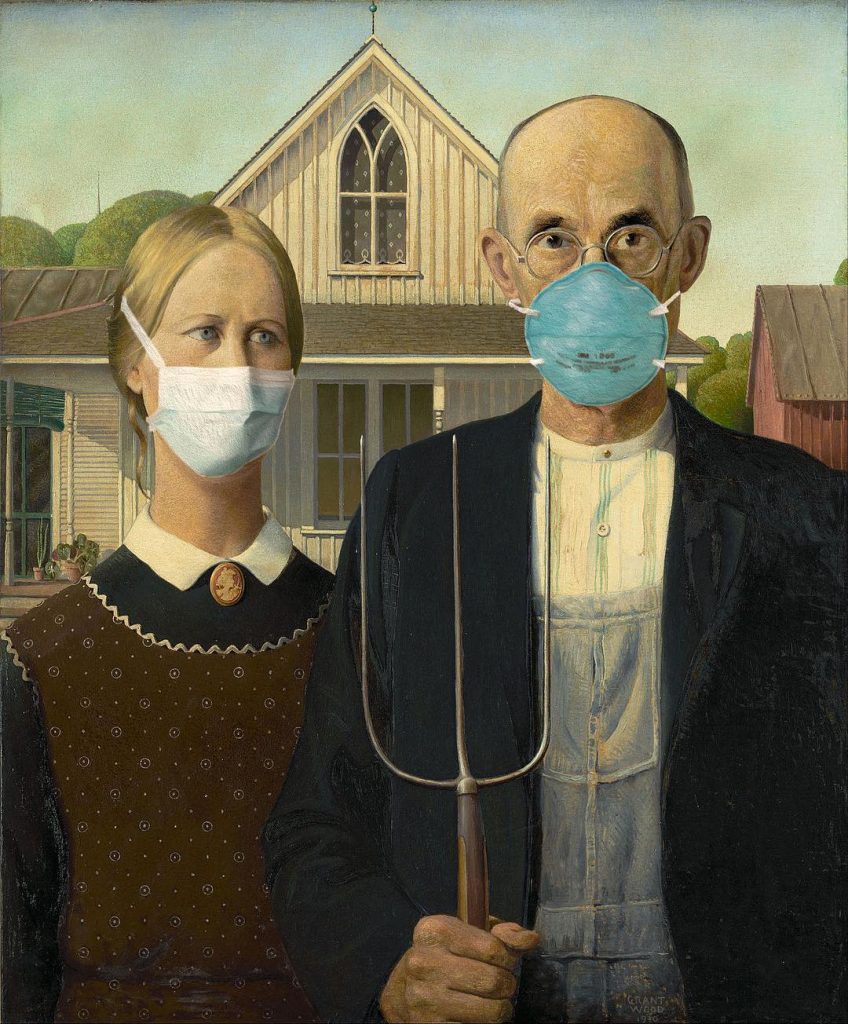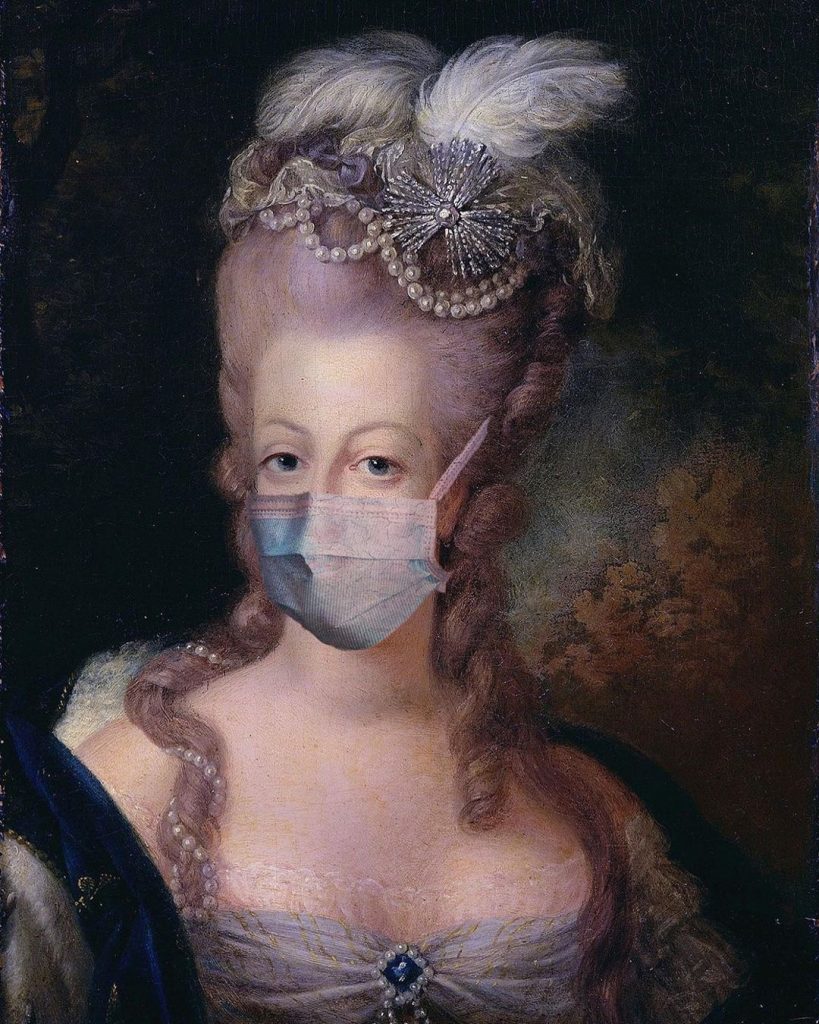Knowing things about one’s character(s)—even things that never make it onto the page—will keep those imaginary people in character, consistent, well-rounded, and flexible so that new plot twists and turns don’t leave the reader feeling like an entirely new person has been introduced.

They also help in making sure every character is not just a copy of the author, with the same political views, personal preferences, and general outlook on life. Indeed, there are profile pages that have questions about everything from birthdate/astrological sign, to medical conditions, to education, to family of origin, etc. . .
Which Brings Us to COVID-19

A worldwide pandemic is definitely an unexpected turn (unless your character is a historical tracking epidemiologist)! And rich with complexities. For the sake of better knowing your character(s), consider what the current pandemic would reveal. Remember that traits revealed by current events can be applied by authors to characters dealing with any historical, fantastical, futuristic, or imaginary setting.
Masks
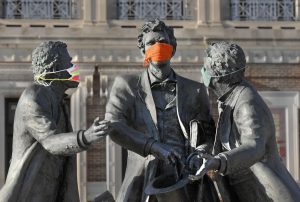
This isn’t as singular as it first seems. What is your character’s attitude/ behavior regarding masks? And why? Here are several possible choices. The Why is up to you!

- Refuses categorically
- Complies reluctantly
- Will wear only when visiting nursing homes or vulnerable family
- Embraces masks a good thing
- Sees masks as just another opportunity to accessorize
What do your character’s masks look like? What quality or grade? Would your character confront someone about wearing/not wearing a mask?
Social Distancing
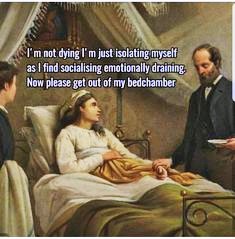

Easy or difficult for your character?
- Ignores physical distance
- Meticulously maintains a 6’ distance
- Social distances in public places only
- Feels safe being closer when outdoors
- Hugs and kisses family
Hand Cleaning
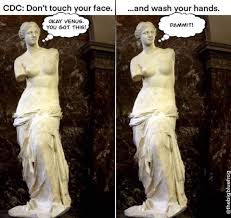
- Pays no particular attention, i.e., washes when hands feel/look dirty
- Cleans hands when entering or leaving a building
- Sets up a hand washing/sanitizing schedule, e.g., every hour
- Preference for soap and water or sanitizer?
Safer at Home
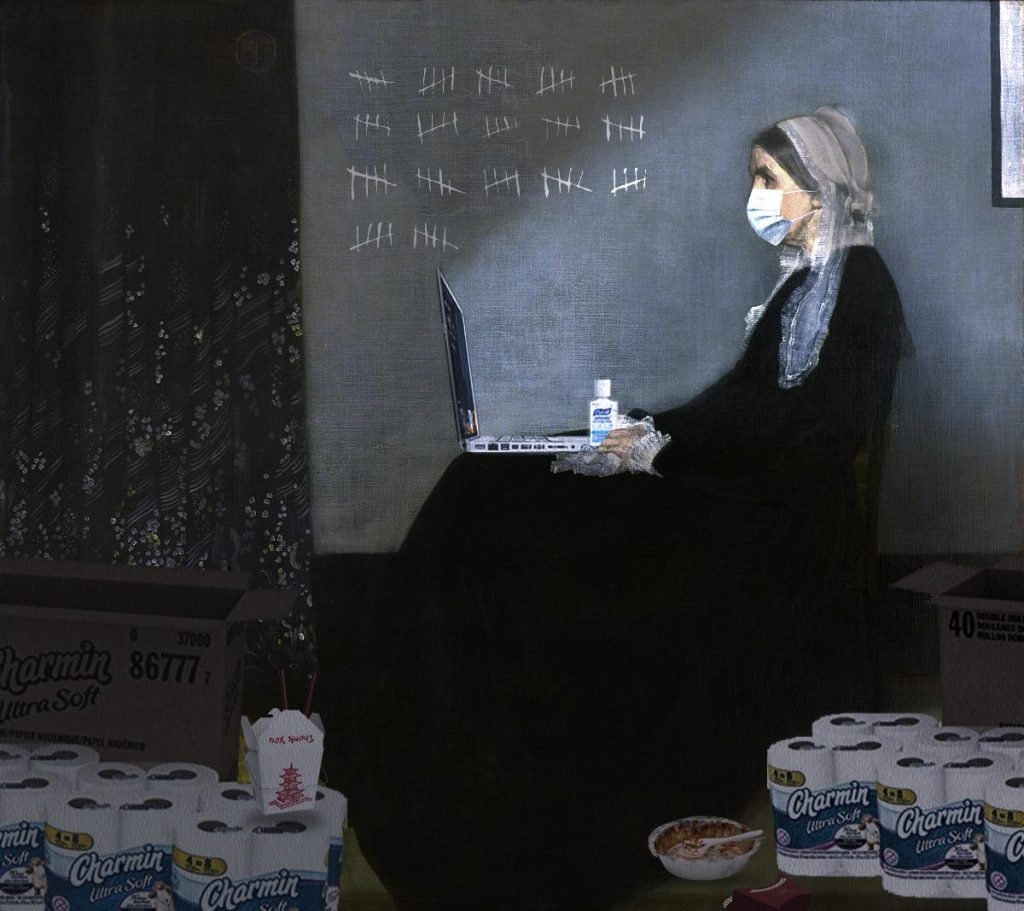
- Does not leave residence at all; everything is distance communication and delivery
- Goes out only for medical reasons and food
- Travels locally in own vehicle
- Travels locally in someone else’s vehicle, just driver and character in back seat passenger side
- Comfortable traveling by taxi, bus, train, or plane with appropriate precautions
- Travel whenever and wherever, damn the consequences
Alone or Together

- Does your character live alone? Is that a good thing or bad?
- Does your character alone get lonely?
- Does your character living with others experience increased tension and conflict? With partner and/or children.
- What if your character’s friend/loved one dies?
- How would your character handle home schooling?
- (If s/he has no children, consider a distance learning tutor or a character educating him/herself via online resources.)
Crowds

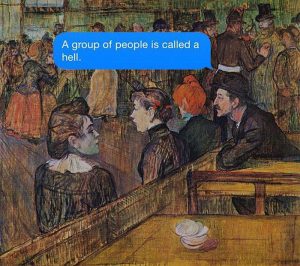
- Avoids them like the plague (pun intended)
- Braves them only for a “good cause” such as civil rights demonstration
- Would go to a family reunion
- Would address a crowded room for work reasons
- Happy to party down
Work

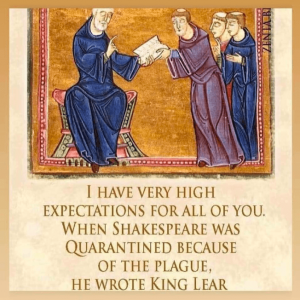
- Would your character be able to work from home?
- Is your character an essential worker?
- Could/would your character be furloughed?
- Is your character a business owner, responsible for others?
- Would your character’s workplace be shut down?
- Would money/loss of income be a problem for your character?
With But Not of COVID-19
Name Changing

Would your character have a singular or varied response, depending on what’s being renamed? Consider the timing and speed of public opinion shift in the setting: immediately renaming provinces, shops, schools, and cities per government mandate during China’s Cultural Revolution versus the gradual shift of the capital of Kazakhstan from Astana to Nur-Sultan.
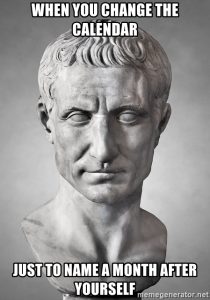
- Rename schools, named for Confederate “heroes”
- e.g., Stonewall Jackson Middle School, Washington and Lee University
- Rename roadways, bridges, etc.
- e.g., Lee-Davis Highway
- Rename Washington Redskins team
- Rename towns/cities
Public Memorials, Symbols

Confederate flag, paintings, statues displayed on public property.

- Leave them alone. It’s history.
- Leave them, but provide context.
- Remove them to Civil War battlefields or museums.
- Remove and destroy.
Bottom line for writers: Remember that you are describing your character(s), not yourself. The “why” is important. Did you learn anything about your character(s)?



